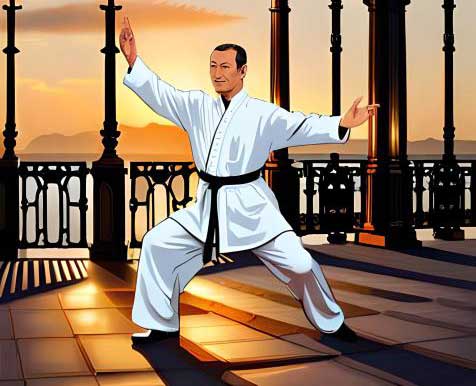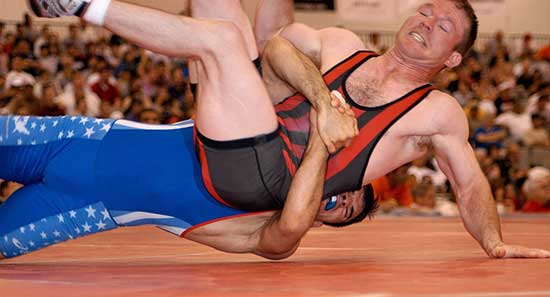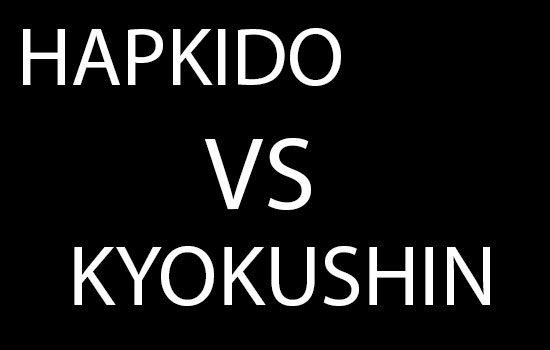Although sumo wrestlers are famous for their enormous size and impressive strength, do they really need to be fat to compete?
Both yes and no are the responses. Sumo wrestlers must comply with certain weight requirements, but they are not required to be fat to compete in this sport.
Although there is no weight limit in sumo, a competitor “feels ready to compete” from an average weight of 100 kilograms or 220 pounds.
While it is true that the majority of sumo wrestlers are obese, this is not a requirement for the sport.
In essence, successful sumo wrestlers in the past who weren’t overweight have existed. For instance, rather than being known for his size, Taiho, one of the greatest sumo wrestlers of all time, was known for his lean and muscular physique.
Konishiki, another great sumo wrestler, reached his peak weight of over 600 pounds but was also capable of competing at a lighter weight.
Contents
Why then are the majority of sumo wrestlers fat?
The sport’s heritage and traditions hold the key to the solution. Sumo wrestling originated as a ritual to please the gods and has roots in Shintoism, the native religion of Japan.
The wrestlers were revered as sacred beings, and people viewed their size as a representation of their strength and power.
Sumo wrestlers started to compete professionally as the sport gained popularity over time. Size and weight became more crucial determinants of success as the sport became more competitive.
Because larger and heavier wrestlers had a clear advantage over their opponents, the sport started to draw athletes motivated by gaining weight and size.
Sumo wrestlers today maintain their size and weight by adhering to a rigid diet and training schedule.
They frequently eat a lot of high-calorie food, like the hot pot dish chanko nabe, which can have up to 5,000 calories per serving.
They also participate in demanding training that focuses on developing strength and endurance.
Sumo wrestling places a lot of importance on size and weight, which some may find excessive, but it’s important to remember that this is a cultural tradition that has been practiced for centuries.
The sport of sumo wrestling is a distinctive and beloved component of Japanese culture, and the athletes who participate in it are regarded and admired for their commitment and talent.
It is also important to remember that just because sumo wrestlers are overweight does not automatically make them unhealthy.
Despite the fact that obesity is a known risk factor for many illnesses, such as heart disease, diabetes, and some cancers, many sumo wrestlers are still able to lead healthy lives despite their size.
They maintain a healthy weight, adhere to a balanced diet, and participate in regular physical activity to keep themselves in good health, which is a great deal
According to some experts, sumo wrestlers may actually be healthier than the average person. Sumo wrestlers have a lower mortality rate than the general population, claims a Japanese government study.
They may live an active lifestyle and regular exercise, which may contribute to this
Final Words
Despite the fact that the majority of sumo wrestlers are overweight, this is not a requirement for the sport.
In order to compete professionally, sumo wrestlers must weigh a certain amount, but size and weight are not the only factors that affect their success.
To fully appreciate the commitment and talent of the athletes who compete in this sport, it is crucial to comprehend the cultural traditions and historical development of sumo.
Sumo wrestling is a distinctive and revered aspect of Japanese culture, and its competitors ought to be honored for their commitment and diligence.





